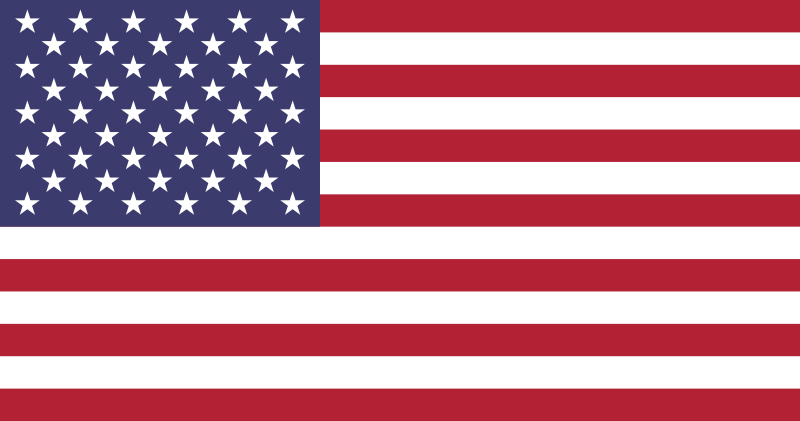 Соединенные Штаты Америки (США)
Соединенные Штаты Америки (США)
Remarks by Ambassador Anatoly Antonov at the reception at the Russian Cultural Center in Washington, D.C. for participants of NAFSA Association of International Educators 2019 Conference
Ladies and gentlemen, dear friends!
I’d like to welcome all the participants of NAFSA-2019 (Association of International Educators) Annual Conference and Expo. It is a significant, global-scale educational event. Over the past week representatives of universities and educational institutions from more than one hundred countries had a chance to showcase their achievements in modern educational technologies, share success stories and future plans, establish direct contacts for developing further joint projects, students and teachers’ exchange programs.
On one hand, globalization of education means a rise in competition between universities on regional and national levels. On the other hand, it creates opportunities for advanced educational institutions to attract a significant number of foreign students.
Representatives of Russian universities – members of Russia’s national project “Five-One hundred” – are present here. This initiative is designed to increase competitiveness of the leading Russian higher education institutions on the global market of educational services and research programs.
Over the 7 years of implementation of this project, our universities have considerably improved their global education rating, created new dimensions of international scientific cooperation, and increased the number of foreign students.
This year marks the 100th Anniversary of the establishment of the Institute for International Education to be widely celebrated in the U.S. I’d like to note that in Russia international education began in 1697, when the Russian Emperor Peter the Great sent 35 children from noble boyar families and volunteers, a part of the Grand Embassy to the Netherlands, to study naval and military science. Therefore, international education in Russia is already more than 300 years old.
Today, there is still great potential for developing educational cooperation between the universities of Russia and the U.S. Our country, like many others, is interested in attracting talented students from abroad. In accordance with the National Education Project, the number of foreign nationals studying at the Russian higher education institutions and scientific organizations is set to double within the next five years. The best of them will have an opportunity to get employment in Russia.
In this regard I believe it is necessary to promote Russia-U.S. dual diploma programs, joint master's and postgraduate studies, to support mutual exchanges of the teaching staff, to enhance joint research, since serious science is international in its nature.
The Russian Federation will continue to offer scholarships for U.S. citizens on a competitive basis at the leading Russian universities. For over fifty years our academic specialties in the field of culture and art, literature and the Russian language have been in high demand among the Americans. The Embassy carries out this work together with the Russian Cultural Center. Should the demand grow, we would be ready to increase the number of scholarships.
I am sure that the training of intellectual elites, in addition to the transfer of knowledge and expanding horizons, has an important humanitarian component: both Americans who studied in Russia and Russians who graduated from U.S. universities and returned home, become ambassadors of peace and enlightenment, contributing to strengthening of mutual understanding between our nations.
Thank you for your attention. I wish you all a pleasant evening!






